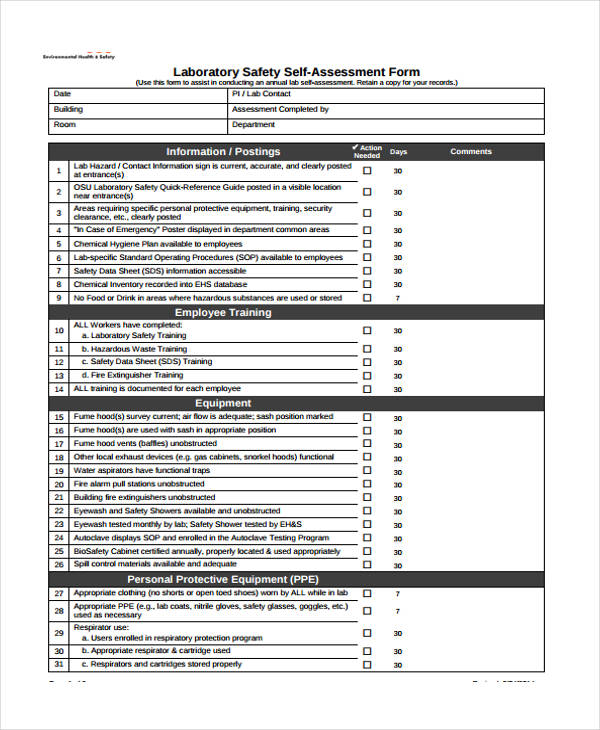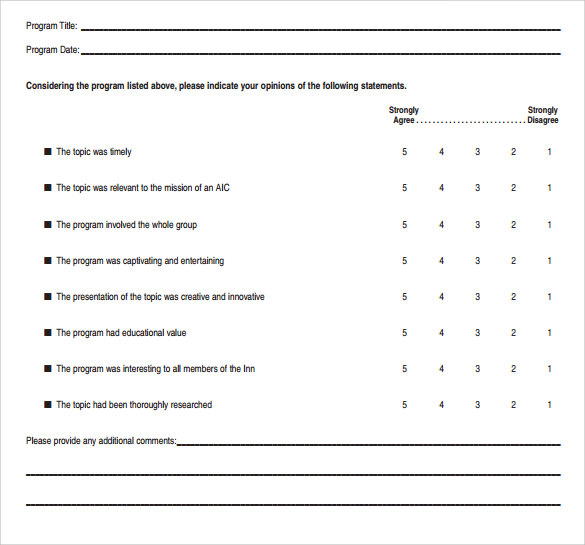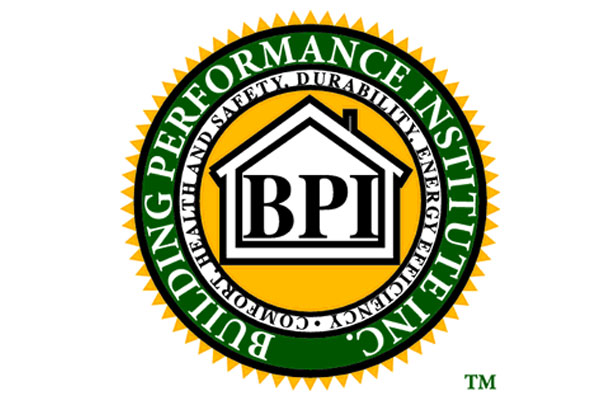
- #Property evaluator course how to
- #Property evaluator course upgrade
- #Property evaluator course license
Purposes for commissioning an appraisal from a real estate appraiser include, but are not limited to:
#Property evaluator course upgrade
The three levels you can upgrade to include: Licensed Appraiser, Certified Residential Appraiser, and Certified General Appraiser. Each level also has different requirements for college-level course requirements (see chart above). You have several options for upgrading, and each level has different education and experience requirements. Once you have your qualifying education and trainee hours under your belt, you can upgrade your license. Individual states may have stricter requirements. Real property appraiser qualification criteria* * Hours required include specific curriculum courses and hours - please see the Real Property Appraiser Qualification Criteria for details.

#Property evaluator course license
The trainee and supervisor must keep a log of work completed that will be reviewed when the trainee applies for any license to the state regulatory board.

Appraisal trainees must be supervised to get the required hours of experience before applying for another license level (such as Licensed Appraiser, Certified Residential Appraiser, or Certified General Appraiser).įinding a certified appraiser to serve as a supervisor is a very important step in becoming an appraiser. Next, work under a certified appraiser to gain supervised training experience. Simplify your licensing education with the Appraisal Licensing Unlimited Learning Subscription. You can find these qualifying education courses at.

You’ll need to complete and pass 75 hours of basic appraisal education, which includes three courses: Basic Appraisal Principles (30 hours), Basic Appraisal Procedures (30 hours), and National USPAP Course (15 hours).
#Property evaluator course how to
How to become an appraiser Step 1: Become a traineeįirst, complete your qualifying education coursework and apply for your trainee license. Check the requirements in your individual state, and follow this step-by-step guide on how to become an appraiser. Some states require you to earn a college degree, but some don’t.

Many states have different titles for trainees, such as apprentice appraiser or registered appraiser. To become a licensed appraiser, most states require you to start out as an appraisal trainee and obtain a certain number of hours of experience before you can appraise real property on your own.


 0 kommentar(er)
0 kommentar(er)
